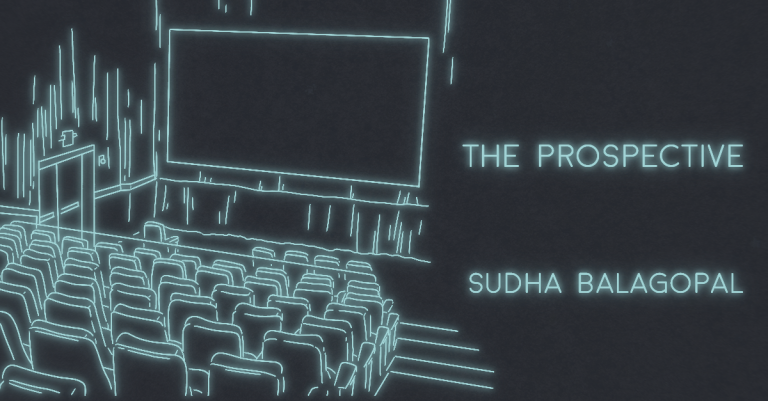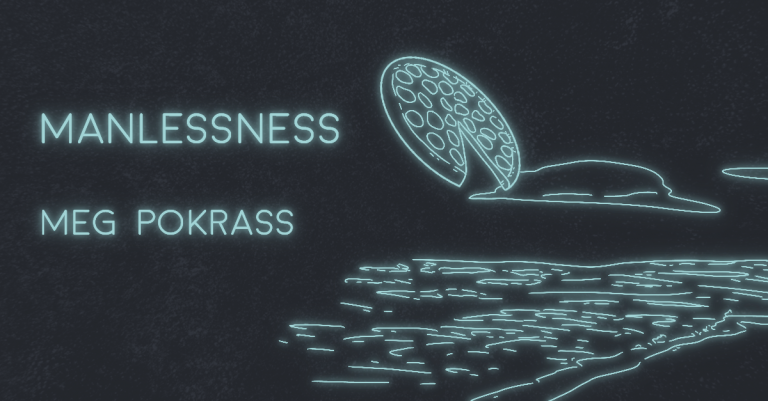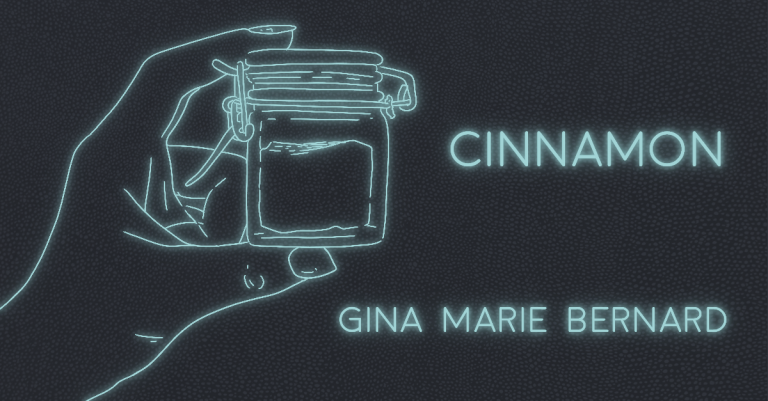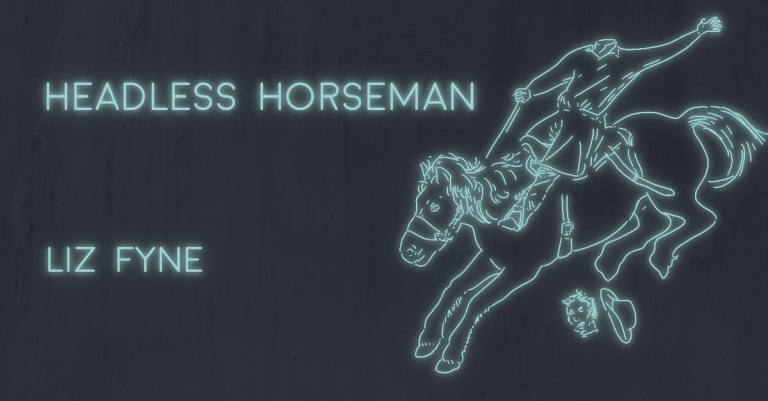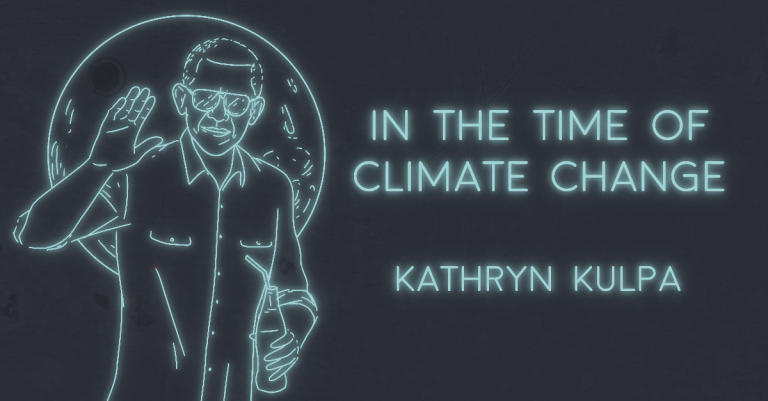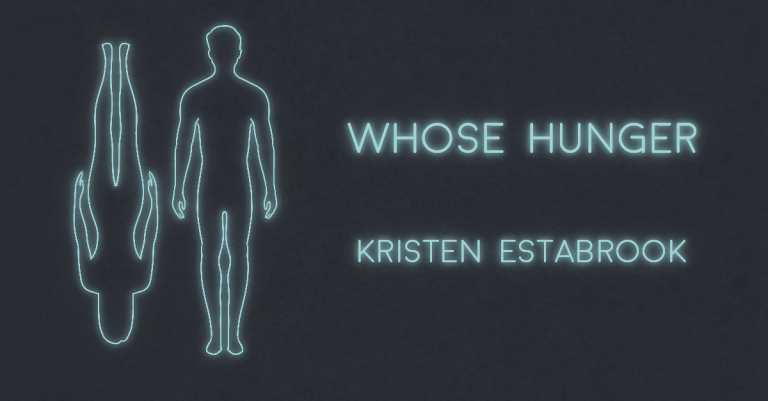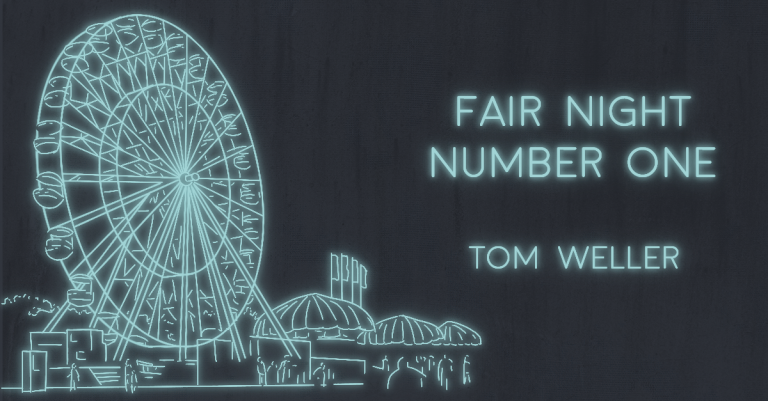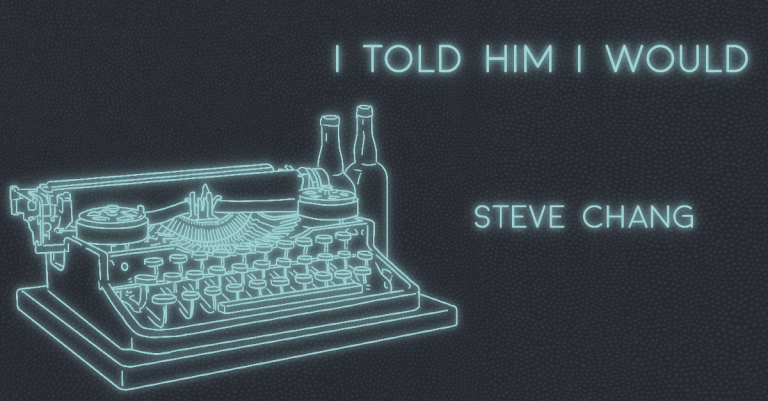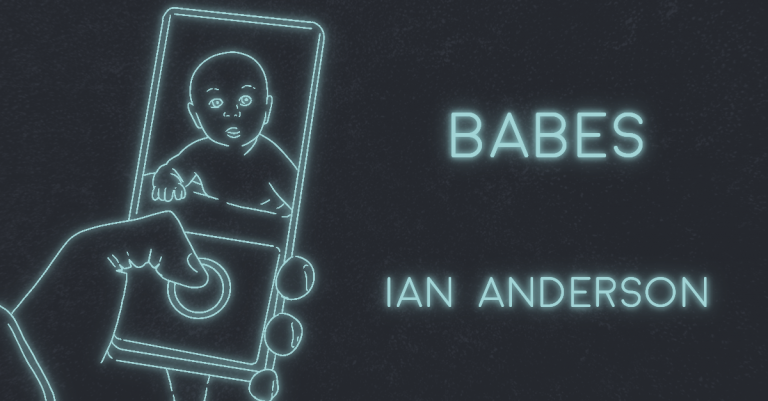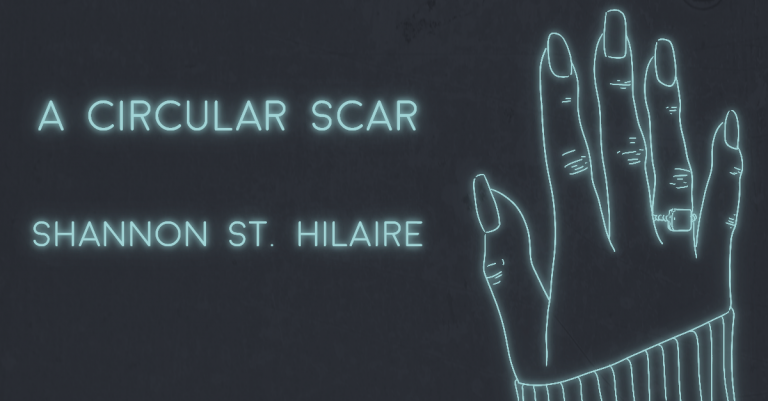
A CIRCULAR SCAR by Shannon St. Hilaire
A guy I dated briefly once asked about my mother of pearl ring. Everyone knows a ring has a story. “I won’t tell you,” I said before I could stop myself. Then I corrected, saying I bought it off Etsy, but it was too late. I would never tell him the story of my ring, because to know and understand my ring was to know and understand me. If I told someone about my rings, about this ring in particular, it would signal to me that I trusted them, and they trusted me, too. And I had no interest in

